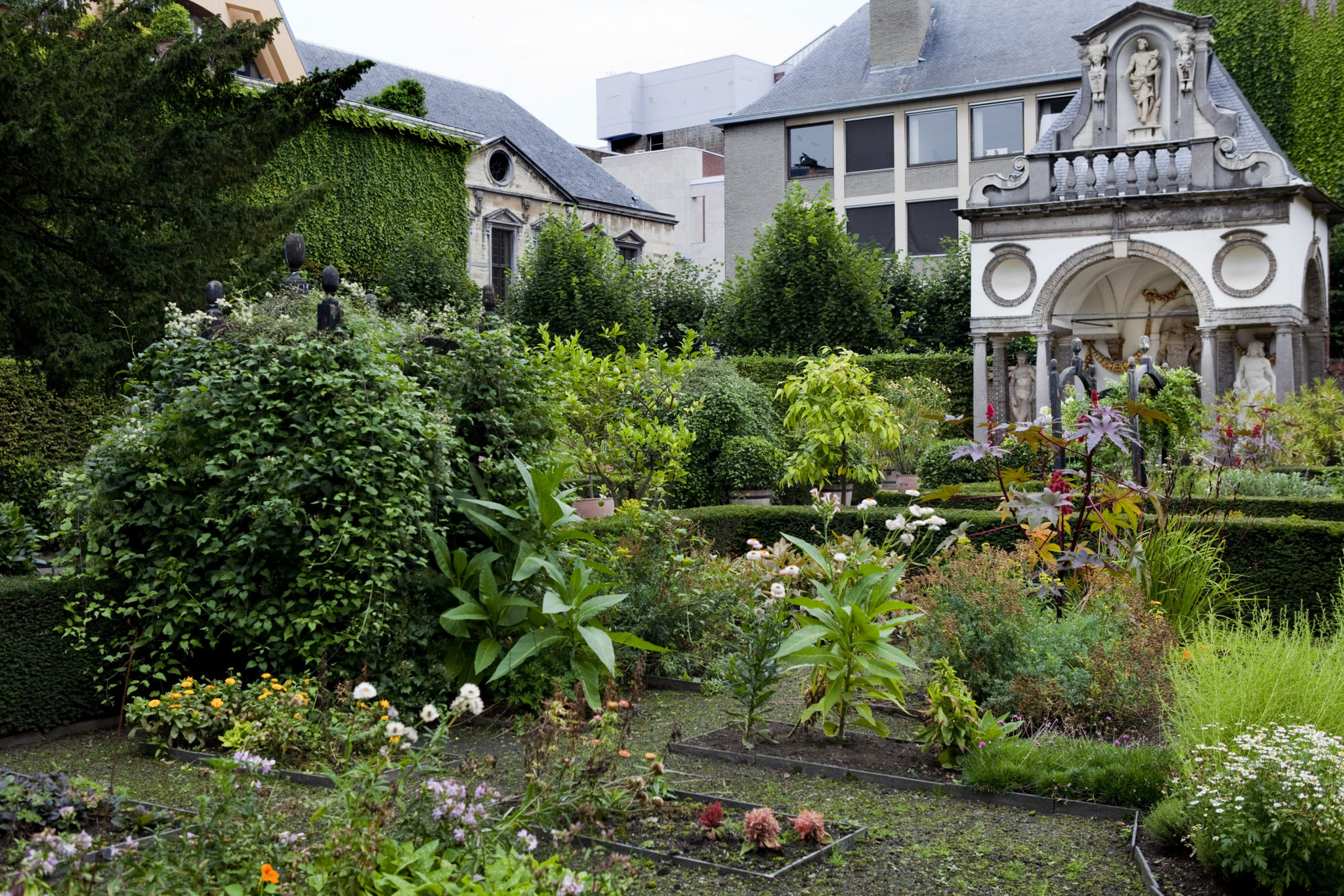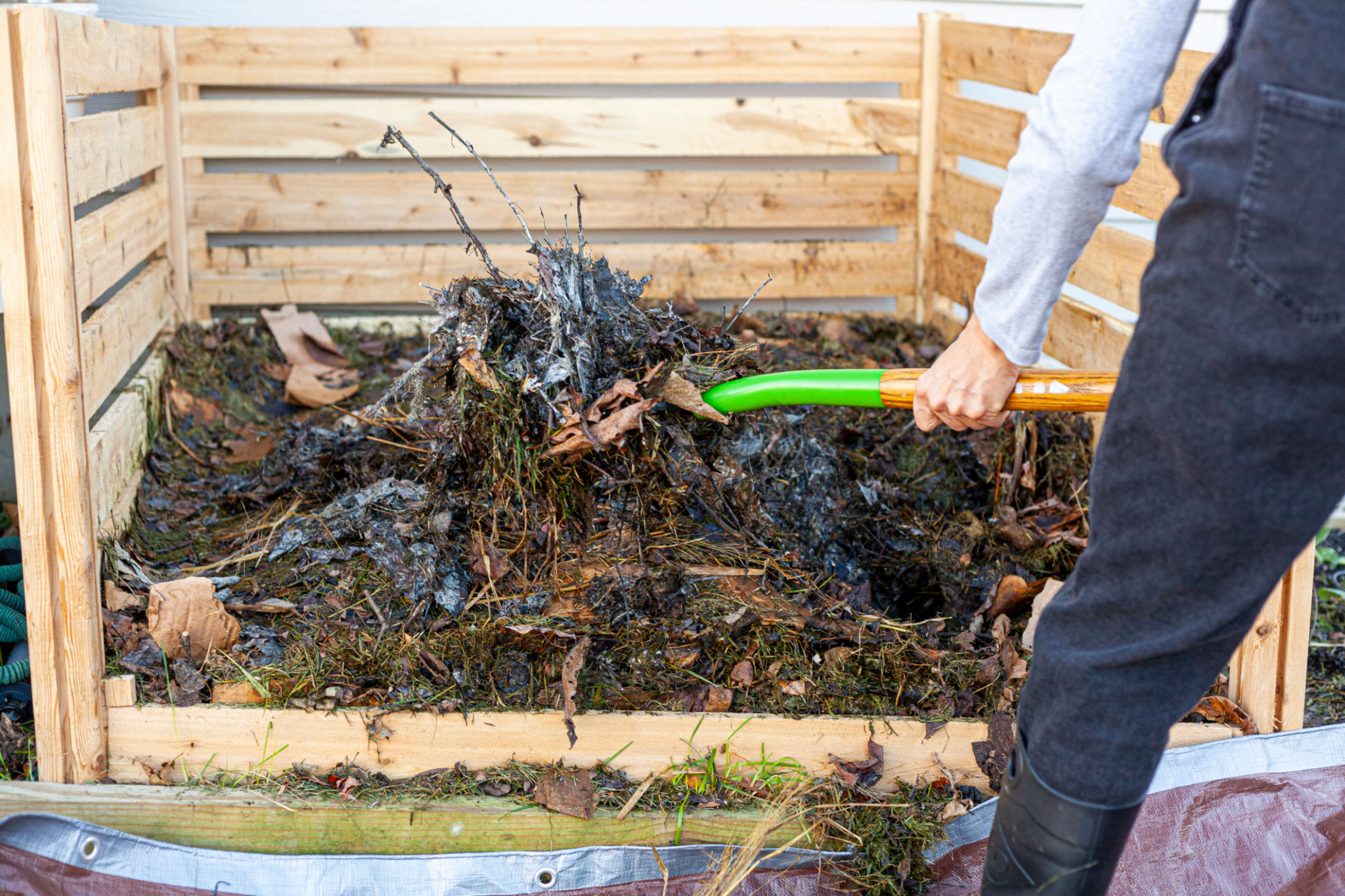Transform Your Antwerp Garden into a Biodiversity Haven
Understanding the Importance of Biodiversity
Transforming your garden into a biodiversity haven is not just about aesthetics; it's about creating a sustainable environment that supports a wide range of wildlife. Biodiversity is crucial for maintaining a balanced ecosystem, helping to control pests, pollinate plants, and improve soil health. By focusing on biodiversity in your Antwerp garden, you can contribute to local conservation efforts and enjoy a vibrant and lively outdoor space.

Start with Native Plants
One of the most effective ways to boost biodiversity in your garden is by planting native species. Native plants are well-adapted to the local climate and soil conditions, requiring less water and maintenance. They also provide food and shelter for local wildlife, including bees, butterflies, and birds. Consider incorporating a variety of native flowers, shrubs, and trees to create layers of habitat.
When selecting plants, research which species are indigenous to the Antwerp area. Some popular choices include the European Beech, Common Hawthorn, and Wild Cherry. By planting these species, you're supporting the natural ecosystem and encouraging a diverse range of organisms to visit your garden.
Create Diverse Habitats
To attract different species, it's essential to create a variety of habitats within your garden. This can include a mix of open spaces, dense vegetation, water features, and sheltered areas. Adding a pond or water feature can be particularly beneficial, as it serves as a drinking source for animals and supports aquatic life.

Additionally, leave some areas of your garden undisturbed, allowing leaves and natural debris to accumulate. This provides shelter for insects and small mammals. Installing birdhouses, bug hotels, and hedgehog homes can also enhance biodiversity by offering safe havens for different creatures.
Adopt Sustainable Gardening Practices
Sustainable gardening practices play a vital role in promoting biodiversity. Avoid using chemical pesticides and fertilizers, as these can harm beneficial insects and contaminate the soil. Instead, opt for organic alternatives or natural pest control methods such as companion planting or introducing predator insects like ladybugs.
Composting is another excellent practice that enriches the soil with nutrients, promoting healthy plant growth. By recycling garden waste and kitchen scraps into compost, you reduce waste and improve soil quality without the need for synthetic fertilizers.

Engage with the Community
Creating a biodiversity haven in your garden can be a community effort. Share seeds and cuttings with neighbors or join local gardening groups to exchange tips and resources. Participating in community initiatives such as tree planting events or conservation projects can amplify your impact on local biodiversity.
Consider organizing workshops or tours of your garden to inspire others and spread awareness about the importance of biodiversity. By engaging with the community, you help foster a collective effort to enhance the natural environment in Antwerp.
Enjoy the Benefits
Transforming your Antwerp garden into a biodiversity haven not only benefits the environment but also offers personal rewards. A biodiverse garden is a dynamic space that changes with the seasons, providing endless opportunities for observation and enjoyment. You'll likely notice an increase in pollinators like bees and butterflies, as well as birdsong filling the air.
Moreover, spending time in a biodiverse garden can improve mental well-being by reducing stress and promoting relaxation. As you nurture your garden and observe its thriving ecosystem, you'll feel a deeper connection to nature and a sense of accomplishment in contributing to environmental conservation.
